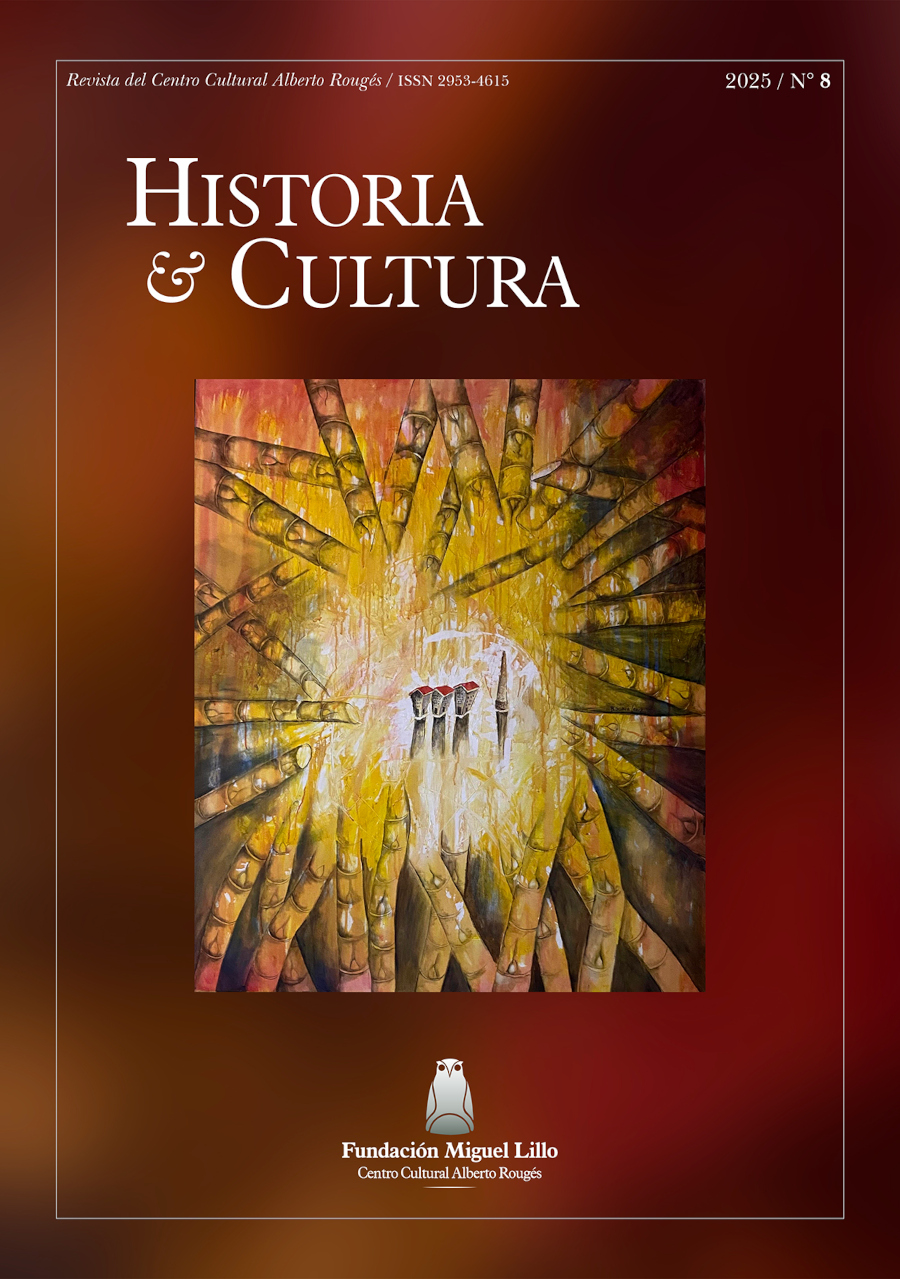The meanings of Cultural Heritage. Theoretical bases of the Heritage Area of the Centro Cultural Alberto Rougés
Keywords:
Architectural heritage, Heritage interpretation, Semiotics, Cultural studies, TransdisciplineAbstract
This paper shares some of the theoretical bases that support the work of the heritage area of ??the Centro Cultural Alberto Rougés. It is based on the hypothesis that cultural assets (including architectural heritage) do not carry a single inherent meaning that
can only be accessed by the scientific knowledge of a single discipline. On the contrary, if we pursue social appropriation and that they feel that heritage is part of their collective identity, it is necessary to study it in a transdisciplinary way and opening the
door to non-scientific knowledge, memories and affections. To explore the relevance of such hypothesis, the ideas of four authors from different disciplines are articulated throughout the work: the theory of things developed by the philosopher Michel Fou-
cault (1997); that of meanings and values ??of the specialist in heritage interpretation Don Enright (2018); the concept of tradition studied by Raymond Williams(1982) from cultural studies; and the denaturalization of meaning proposed by Roland Barthes
(1999; 2009) from Semiotics. The theoretical exposition is illustrated with examples taken from the heritage of San Miguel de Tucumán. Finally, I share the script that guides the guided tours and activities that the Alberto Rougés Cultural Center produces
around the house that serves as its headquarters.
Downloads
Downloads
Published
How to Cite
Issue
Section
License

This work is licensed under a Creative Commons Attribution-NonCommercial-NoDerivatives 4.0 International License.





